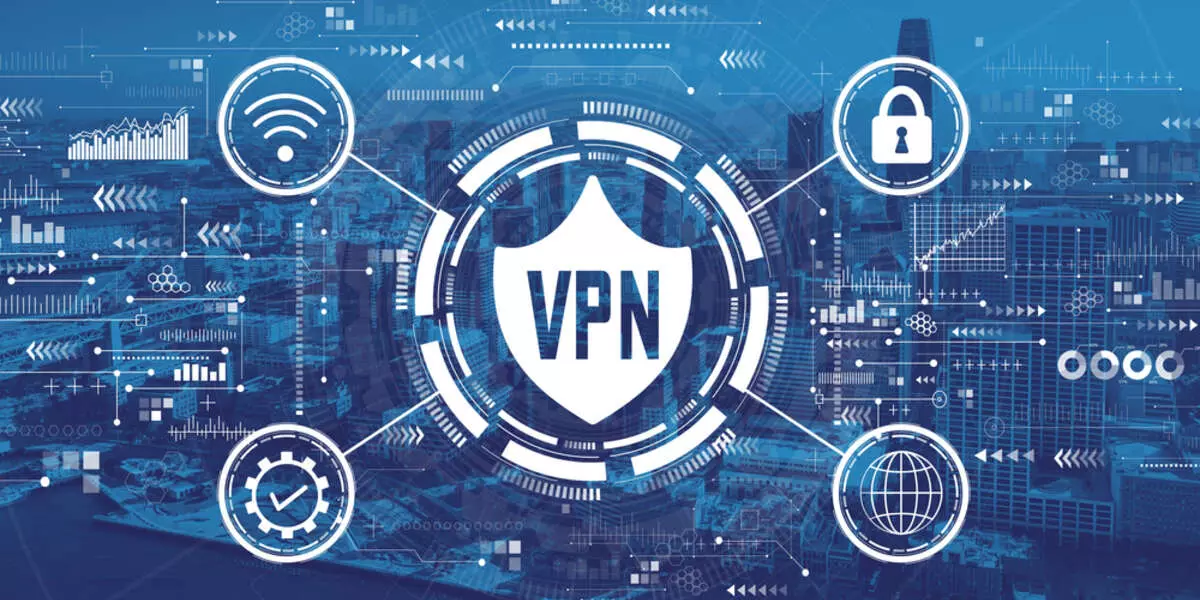TRENDING TAGS :
Big News for VPN Users in India
VPN stands for virtual private network, and it is a temporary network in which the user's IP address is concealed and replaced with a temporary IP address by the VPN server.
Virtual private network (VPN) services in India
Virtual private network (VPN) services in India have been targeted by the Parliamentary Standing Committee on Home Affairs, which has called for their prohibition. According to media sources, the committee has labelled virtual private network (VPN) services as a danger and said that cybercriminals get the benefits of using them. Criminals, according to the committee, may use this to conceal their identities online and engage in unlawful actions as a result of this.
Virtual private network (VPN) services in India
VPN stands for virtual private network, and it is a temporary network in which the user's IP address is concealed and replaced with a temporary IP address by the VPN server. Thus, the user may choose which country's temporary IP address he wishes to use for his connection from the drop-down list provided. Due to the non-appearance of the user's actual IP address, the user's identity cannot be tracked online, and the user's identity is kept concealed. To put it another way, it's similar to donning a face mask in the virtual world.
According to the article, the committee has called for the prohibition of virtual private network (VPN) services in India, emphasizing the risks connected with them. According to the committee, virtual private network (VPN) services are readily accessible online and may be used by "criminals who do not want to disclose their identities online." The committee has recommended that the government should ban these services with the assistance of Internet Service Providers, according to the report (ISPs).
The committee brought up the technological difficulties that are because of VPN services and the dark web. Mainly experiencing that criminals who use VPN services cannot be tracked online. Among the recommendations made by the Committee to enhance the security of internet users was that "the Ministry of Home Affairs should collaborate with the Ministry of Electronics and Information Technology to detect and prevent such VPN services."
According to the article, in addition to cooperating, ministries of the Government of India have been urged to establish a coordinating system including foreign organizations in order to guarantee a permanent ban on virtual private networks (VPNs). Specifically, the Ministry has been requested to create stronger monitoring and surveillance mechanisms in order to identify VPN users and take appropriate action if necessary.
VPN services are used by millions of people all over the globe, in all regions of the world. Some users rely on office activities, such as transferring office system files to distant places where residential internet connections are insecure, to get around this problem. Some people utilize a virtual private network (VPN) to access material that is restricted in their jurisdiction. In many instances, virtual private network (VPN) services are utilized as extra security layers.
There is no certainty that the government would prohibit VPNs or not; the issue is still being considered in light of the demand for the same. Even yet, if this occurs, it will cause havoc for people who rely on VPNs.



